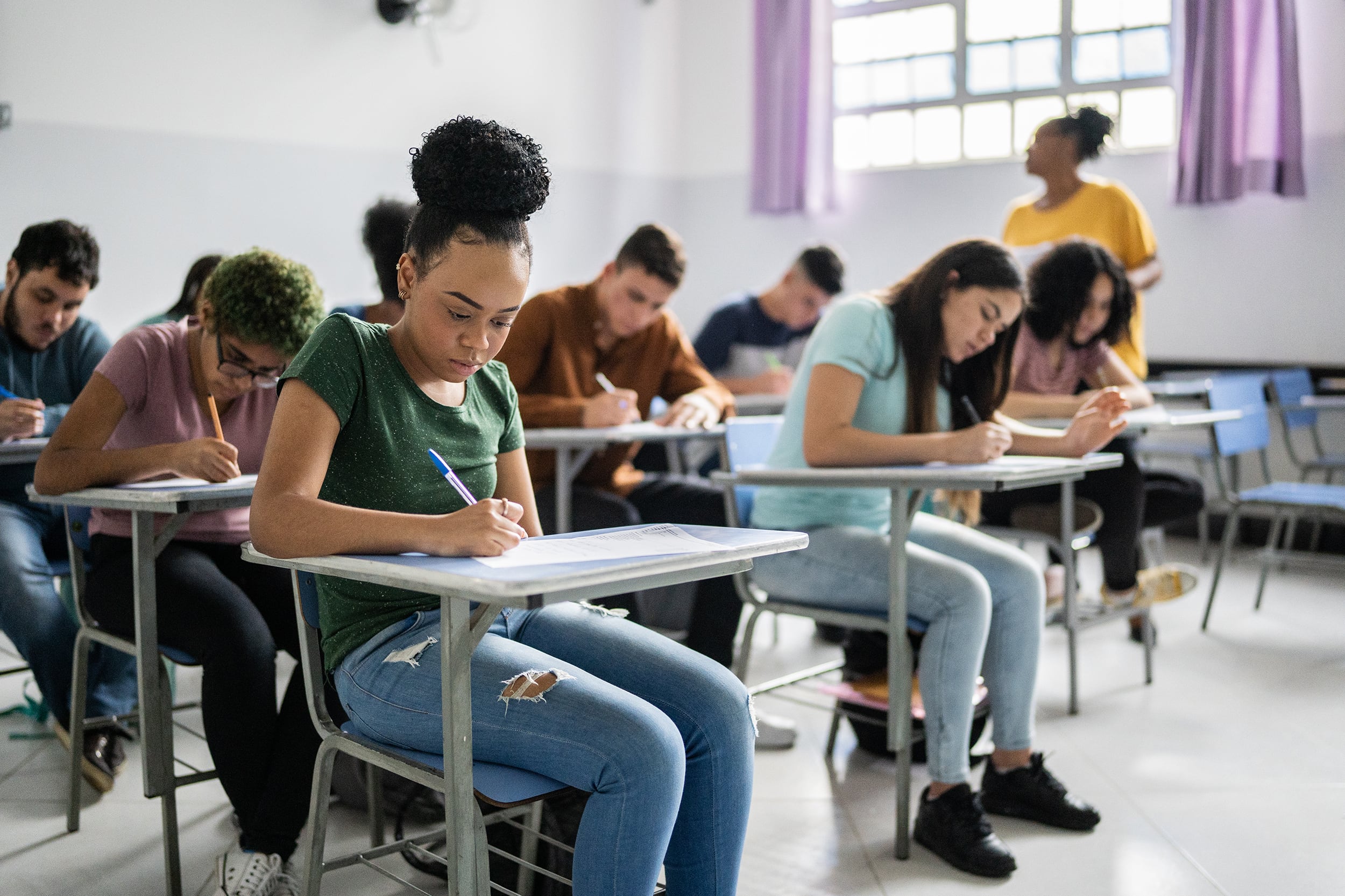Sign up for Chalkbeat New York’s free daily newsletter to keep up with NYC’s public schools.
Eighth grade families eyeing New York City’s selective screened high schools take note: Applicants will once again be sorted into different priority groups based on their seventh grade GPAs in core subjects.
This year’s groupings are nearly unchanged from last year’s, according to the Education Department’s website.
The updated guidance, released Thursday, comes just days before applications open on Oct. 3.
The city’s months-long high school application process is notoriously complex, often spiking anxiety and confusion among families. It can at times feel inequitable, too, as families with more time and resources are able to better navigate the more than 700 programs across New York City’s 400 schools, parents say.
The criteria used to determine priority groups has been the subject of some controversy, with some families pushing for state test scores to be reinstated in sorting the city’s 13-year-olds. But test scores will continue to be excluded from the process.
This year, the process for screened schools will operate much the same as the last cycle, though the citywide grade averages required to sort students into each group are slightly different. Applicants can qualify for a group based on either a citywide or school threshold.
Here’s how students will be grouped this year:
- Group 1: Those with final seventh grade course grades with an average of at least 94 qualify for the citywide threshold, as do students who are in the top 15% of their school, with an average of at least 90.
- Group 2: Those with an average of at least a 89.66 average qualify for the citywide threshold (if they’re not in Group 1), as do those in the top 30% of their school with an average of at least 80.
- Group 3: Those with an 82.75 average qualify for the citywide threshold, along with those in the top 50% of their school with an average of at least 75.
- Group 4: Those with a 76.33 average qualify for the citywide threshold, along with those with seventh grade course grades in the top 70% of their school with an average at least 65.
- All others will be in Group 5.
When there are more applicants in a priority group than seats available at a particular school, admissions decisions will be made based on each applicant’s random number — often referred to as a lottery number.
Those numbers will be available to families in their MySchools account on or after Oct. 3. Admissions consultants have warned against placing too much weight on them.
“Your lottery number isn’t your fate,” said Joyce Szuflita, a Brooklyn-based admissions consultant who runs NYC School Help.
Instead, it’s one part of a complex matching process with many variables, she said. And a worse lottery number doesn’t necessarily equate to not getting into a school an applicant might prefer.
“Somebody’s number eight choice is somebody else’s number one choice,” she added.
Some high schools may also require applicants to complete an additional assessment, like an essay. At such schools, the impact of the random number on admissions is further reduced.
Screened schools also set aside a number of seats for students with disabilities. Those seats are filled separately from the general education pool but follow the same priority groups among applicants with disabilities.
More than 40 selective schools also participate in a diversity initiative, setting aside a certain number of seats to students who are low-income, English language learners, or live in temporary housing. Again, those seats are filled following the same priority groups among applicants who qualify for the seats.
Julian Shen-Berro is a reporter covering New York City. Contact him at jshen-berro@chalkbeat.org.






